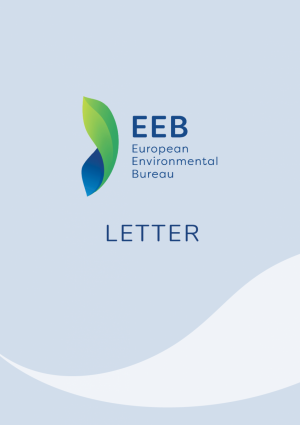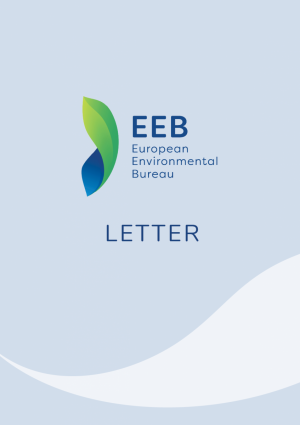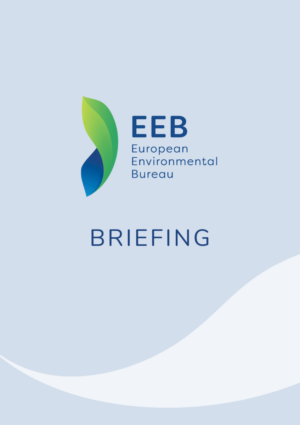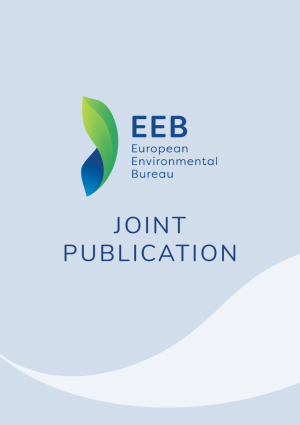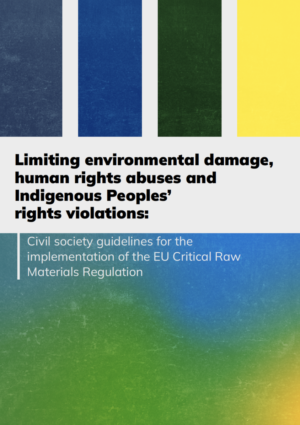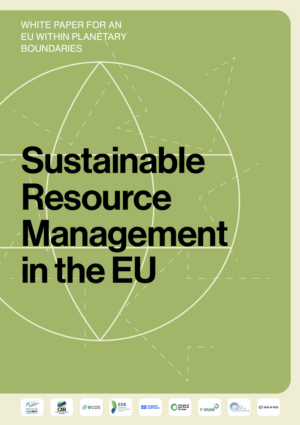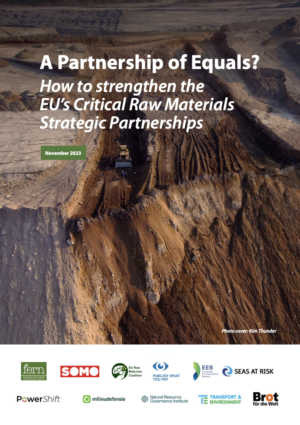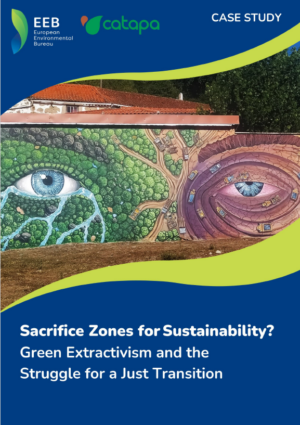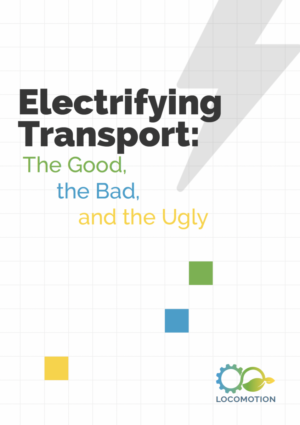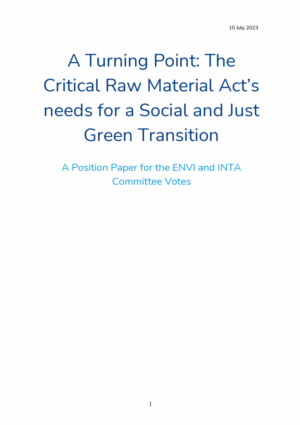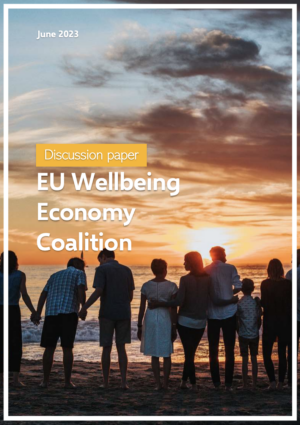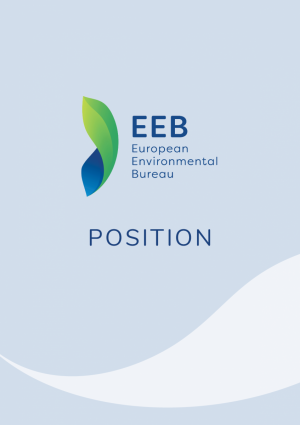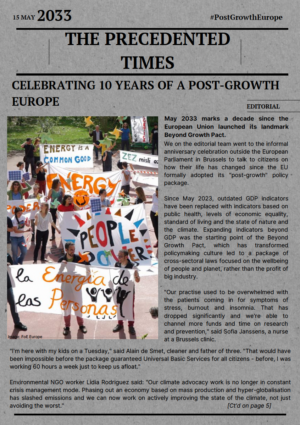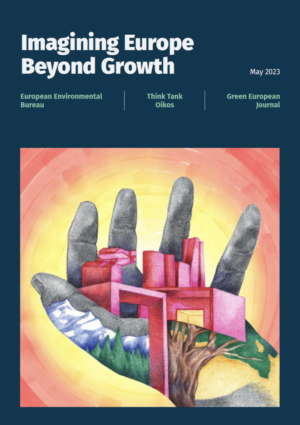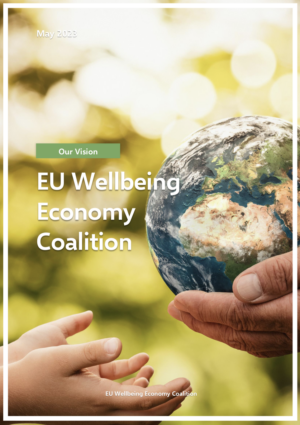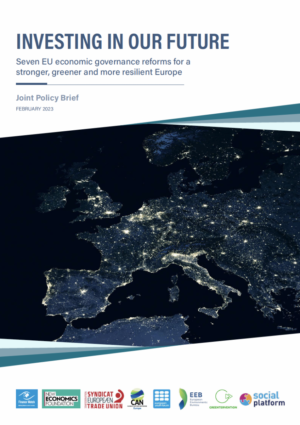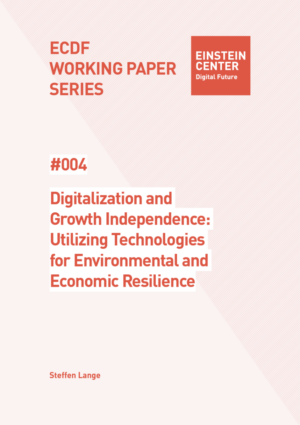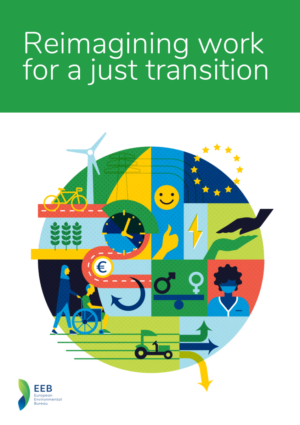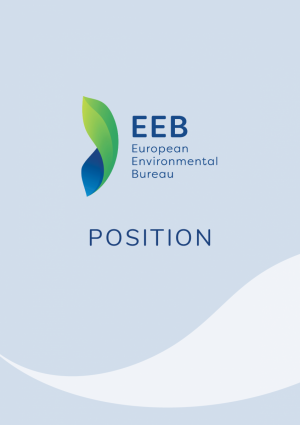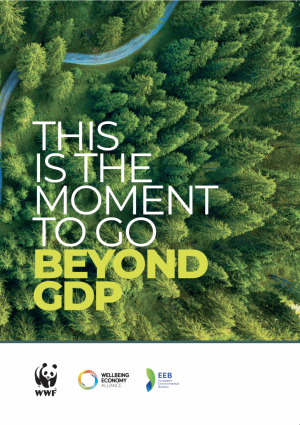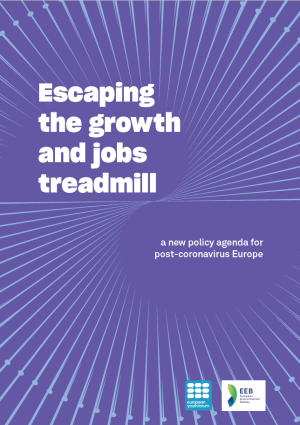Creating a positive vision for a better future is the precondition for putting new economic thinking into practice. Building a fair and sustainable economy entails reforming existing policies as well as designing and implementing more ambitious ones that are based on scientific evidence, with a participatory process across different sectors.
Hand in hand with our narrative work, the EEB proposes recommendations and supports policymakers and other stakeholders to design better economic policies economy for people and the planet based on scientific evidence from the fields of alternative economics. There are no one-size fits all solution: new and more holistic economic policies depend on the specific context. The EU has an essential role to play in such a transition. Given the European economy and its role and responsibility in the larger world economy, an impulse for changes in the global economy can and should come from Europe due to its economic, political importance and its use of global resources.
The EEB, together with partners and allies, looks into existing and new EU policy legislation and policies, and formulate recommendations to integrate new economic thinking: for instance, the EEB investigates how the EU fiscal framework can be reformed to look beyond GDP, or how to decouple the sustainability of public budgets as well as employment from GDP growth – and how we can rethink work altogether.
The transition to a wellbeing economy for all requires an intersectional (ecofeminist) perspective that ensures no one is left behind. The EEB raises awareness of gender implications of environmental and economic policies, advocates for a just transition to take into account feminist and environmental perspectives, and makes concrete proposals for gender-just policies.
KEY MILESTONES
- Research and policy recommendations on how to decouple work from GDP growth
- Research, advocacy and campaigning on how to reform the EU Economic Governance Framework beyond GDP
- Research, analysis and policy recommendations for gender-just policies for a transition by applying an intersectional lens
- Academic evidence and arguments debunking the myth of green growth and promoting energy sufficiency
- Participation in research projects such as the HORIZON2020 project LOCOMOTION
- Research and policy recommendations on how to decouple work from GDP growth

